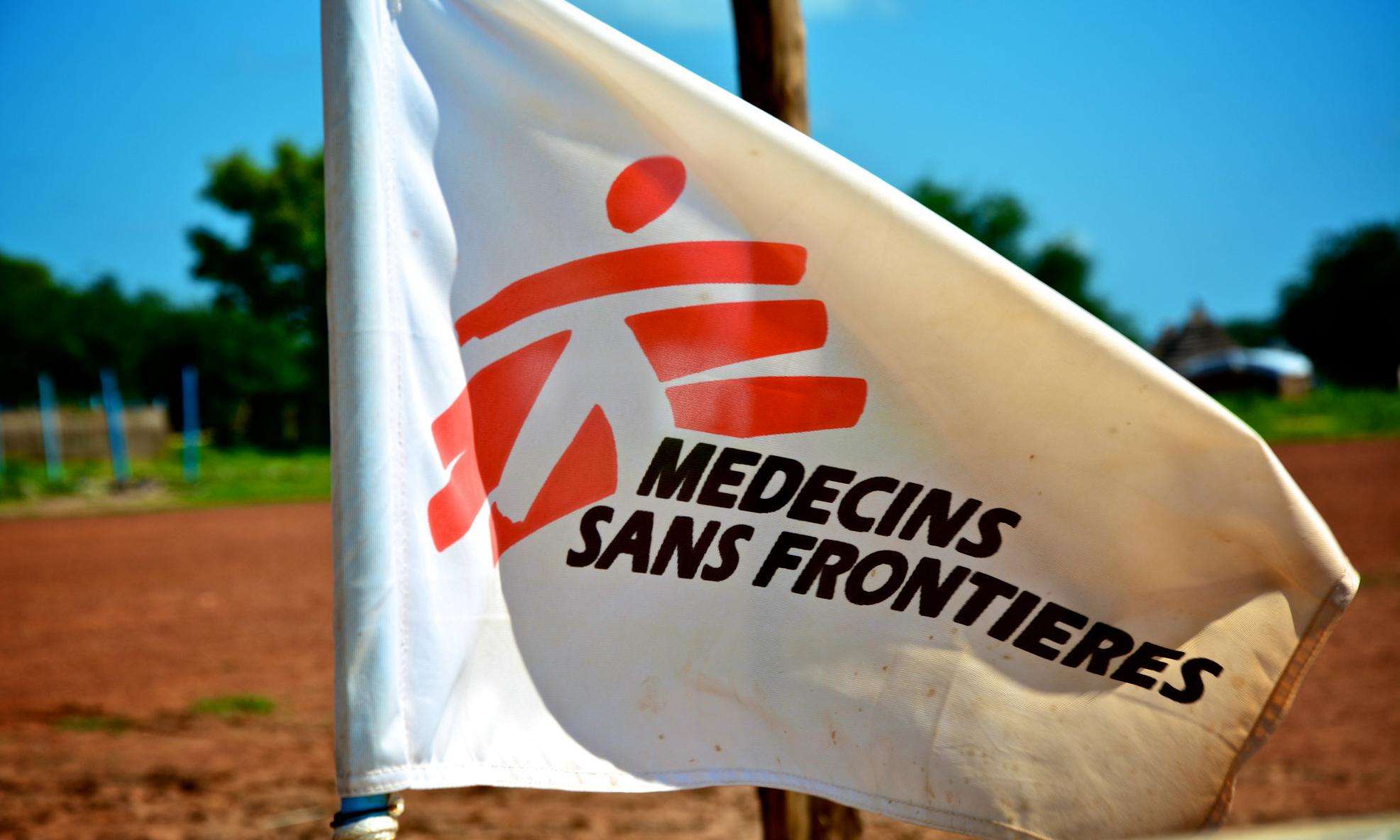In October 2022, Doctors Without Borders/Médecins Sans Frontières (MSF) approved and published its first Clinical Trial Transparency Policy (CTTP).
This policy is a commitment to publishing research protocols, registering clinical trials on appropriate registries, and subsequently publishing clinical trial data in open access formats, in line with the World Health Organization (WHO) joint statement on public disclosure of results from clinical trials, to which MSF is a signatory.
This policy also includes commitments to publishing a minimum set of cost items for clinical trial costs. The cost items suggested for reporting draw on published reporting guidance.
This is a landmark commitment by MSF. The Drugs for Neglected Diseases initiative (DNDi) is currently the only actor that has published some of their out-of-pocket research and development (R&D) costs per phase of development.
This demonstrates MSF’s commitment to, and recognition of, why and how clinical trial costs should be made public, and that this is a critically important step towards increasing access to medical products for all who need them.
Why is MSF doing this?
MSF operates under the five working principles of impartiality, independence, neutrality, bearing witness, and transparency. MSF considers transparency as critical for ensuring accountability towards our patients and their communities, and an important tool to improve public health by enabling evaluations of our practices and positioning on medical humanitarian issues.
The principle of transparency is especially important in the field of medical research, where the information asymmetry among patients, researchers, and the public can result in mistrust and impede progress.
Clinical trial costs are the largest contributor to total R&D costs, and poor reporting practices hinder the creation of reliable cost estimates and proportionate funds for R&D. By reporting clinical trials costs, MSF supports itself and other entities to generate reliable predictions for future R&D ventures and make proportionate and rational investments—especially for research in low-resource settings. Transparency of clinical trial costs could therefore support innovation and involvement in clinical trials especially from non-traditional actors. This in turn increases equity in the biomedical R&D ecosystem.
This policy is a first step for MSF—MSF has not yet published any clinical trial costs associated with the trials it is involved with. MSF will now begin the process of implementing this policy.
>>Read the full report here.




